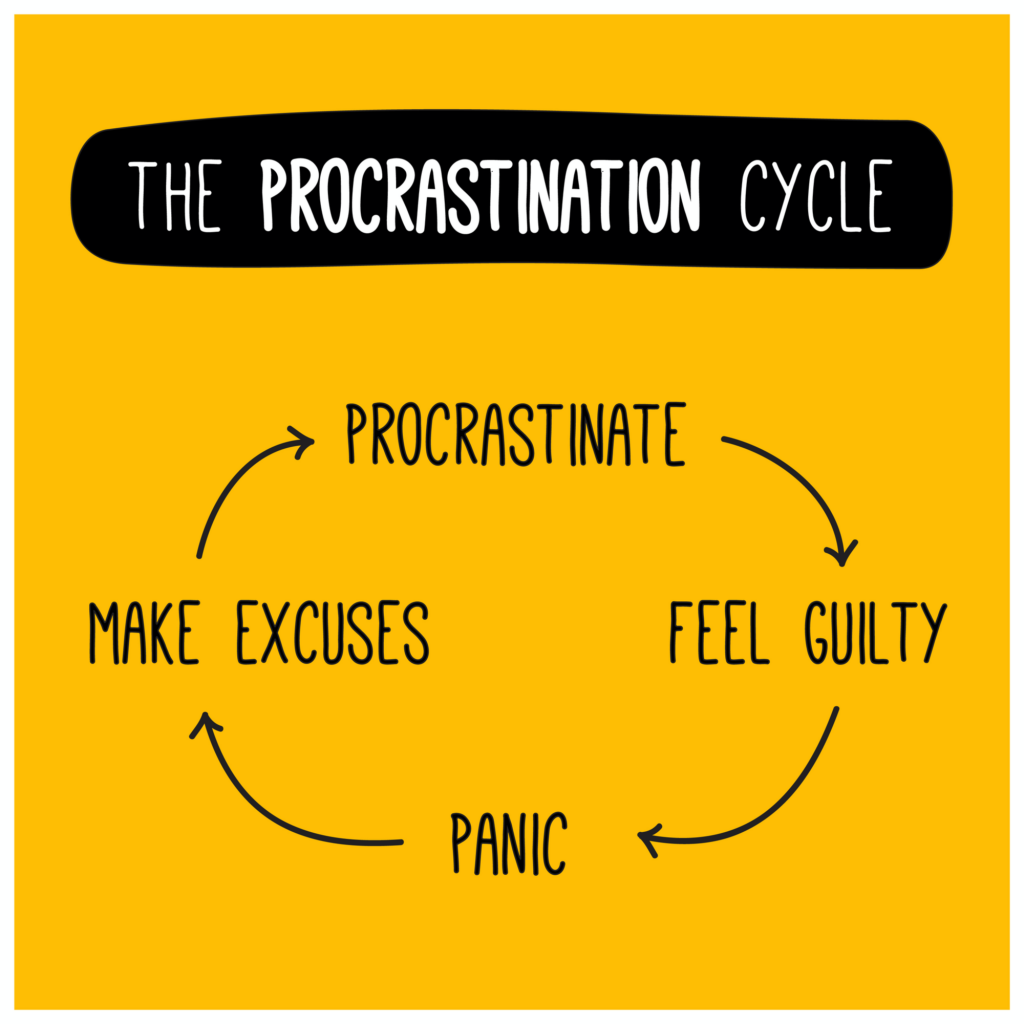Exploring Task Delays, Emotional Dependency, and Impostor Syndrome
Exploring Task Delays, Emotional Dependency, and Impostor Syndrome
Blog Article
In the modern age, many individuals struggle with mental and emotional challenges that affect their daily lives. Among these, procrastination, emotional dependency, and impostor syndrome are some of the most common challenges. What can you do to break free from these patterns?
This article, we will dive into the causes and solutions these three challenges. By understanding their impact and learning how to tackle them, you can take control of your life.
Understanding Procrastination and Its Impact
Procrastination refers to postponing important activities even when you are aware of the consequences. This behavior is frequently linked to emotional or psychological factors, such as anxiety or self-doubt.

When procrastination takes over, it can lead to stress, missed opportunities, and reduced productivity. To combat procrastination requires practicing self-discipline and breaking tasks into smaller steps. dependencia emocional o que é Consider techniques like procastinaçao the o que e procrastinacao Pomodoro Technique or setting realistic deadlines to stay on track.
The Nature of Emotional Dependency
Emotional dependency occurs when an individual relies heavily on others for validation, support, or happiness. While human connection is essential, emotional dependency can become unhealthy when it leads to a lack of independence.

Symptoms often include a fear of rejection, difficulty making decisions independently, and constant seeking of external approval. To overcome emotional dependency, it’s crucial to build self-confidence and learn to validate yourself internally. Therapy, mindfulness practices, and journaling can be helpful tools.
Recognizing and Managing Impostor Syndrome
Impostor syndrome refers to a psychological phenomenon where someone feels like a fraud despite evident success. Those affected often attribute their achievements to luck rather than skill or effort.

Impostor syndrome often results in anxiety, self-doubt, and hesitation to pursue new opportunities. To overcome impostor syndrome involves reframing negative thoughts and celebrating accomplishments. Seeking feedback from trusted peers and embracing self-compassion can support personal growth.
How to Address These Challenges?
Here are some practical steps:
- Create a routine to combat procrastination and break larger tasks into smaller milestones.
- Recognize triggers that contribute to your emotional reliance and foster personal resilience.
- Practice gratitude to counter impostor syndrome and consider therapy or coaching.
Long-term improvement requires persistence, so keep practicing these methods to see positive changes.
Conclusion: Taking the First Step
Procrastination, emotional dependency, and impostor syndrome may seem daunting, but they are manageable with the right strategies. By understanding their roots and applying effective techniques, you open the door to personal growth.
Start today by acknowledging where you stand and implementing small but meaningful changes. Remember: progress is a journey, not a destination.
Report this page